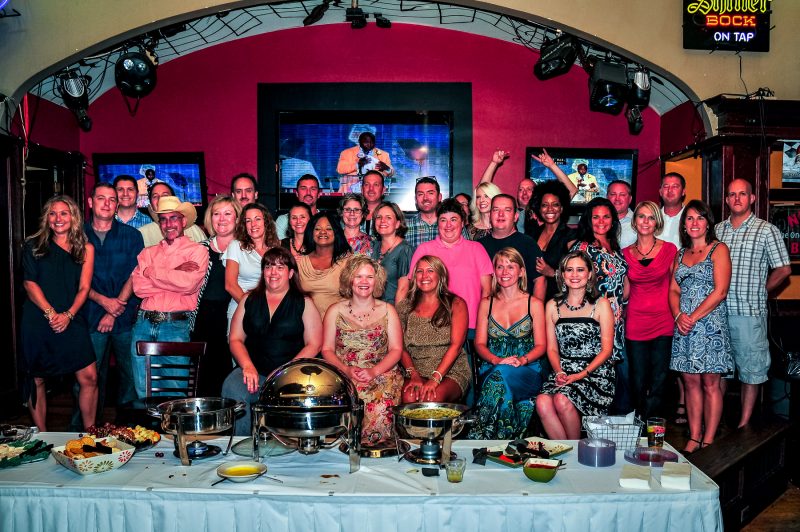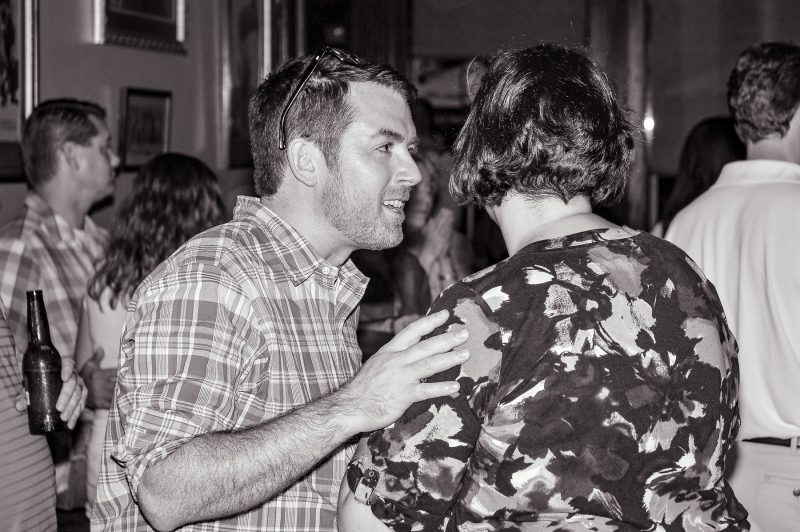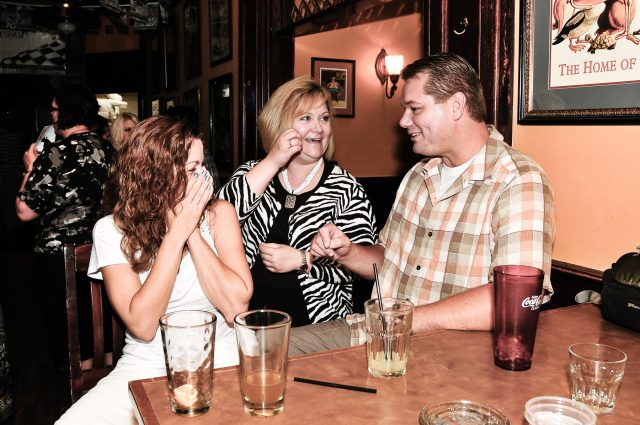
We jostle about in our adolescence, bumping against others and ourselves, usually questioning where we stand with others, often unsure of where we stand with ourselves. Such tumultuous times of identity formation, questioning, and reformation. We make and remake ourselves year after year, month after month, even day after day, and we’re all nagged by the same question: is the me I see in myself what others see? Or more to the point, is the me I see in myself the real me?
Sociologists and psychologists tell us that adolescence is a relatively recent cultural phenomenon, a product of the same innovations that created the leisure class and free time. In the past, one’s position in life was fairly well determined generations before one was born. Once born to generations of farmers, always a farmer; once born to a family of wealth and position, always an aristocrat. These days we wake up and find ourselves in possession of a driver’s license and a handful of friends, unsure what to do with either, and we struggle to make decisions that weren’t even available ten decades ago.

Every year, as an eighth grade teacher, I see my own students going through this, yet with seemingly infinitely more choices that I had. Their thumbs can move at over a phone’s small keypad at the speed of gossip, and last week is ancient history. They come to class sometimes with tears in their eyes, and I think, “Someone broke someone’s heart, and they’re both sure they’ll never survive it,” and I smile to know they will, because I did, and a hundred and twenty kids in my cohort did as well. “Love is blindness” I mutter under my breath.

I want to say, “Twenty years from now, you won’t worry so much about this. Like precipitates in a Chem II experiment, love and your personalities will seem somehow to have settled and congealed.” I want to tell them, “You’ll quote the Beatles: ‘I am he as you are he as you are me and we are all together,'” until I realize that U2 is their Beatles. (A student mentioned to me that he likes U2: “My friends think I’m crazy for listening to that old music,” he confided. Thanks.) I want to confide, “You’ll think to yourself, ‘Love is blindness,’ go to your twenty-year reunion, and find that you had more in common with everyone in your class than you ever realized.” But I know the words will do no more for their shattered hearts (egos?) than such words would have done for mine, and I’ll hope that some day, perhaps they’ll invite me to a reunion.
0 Comments